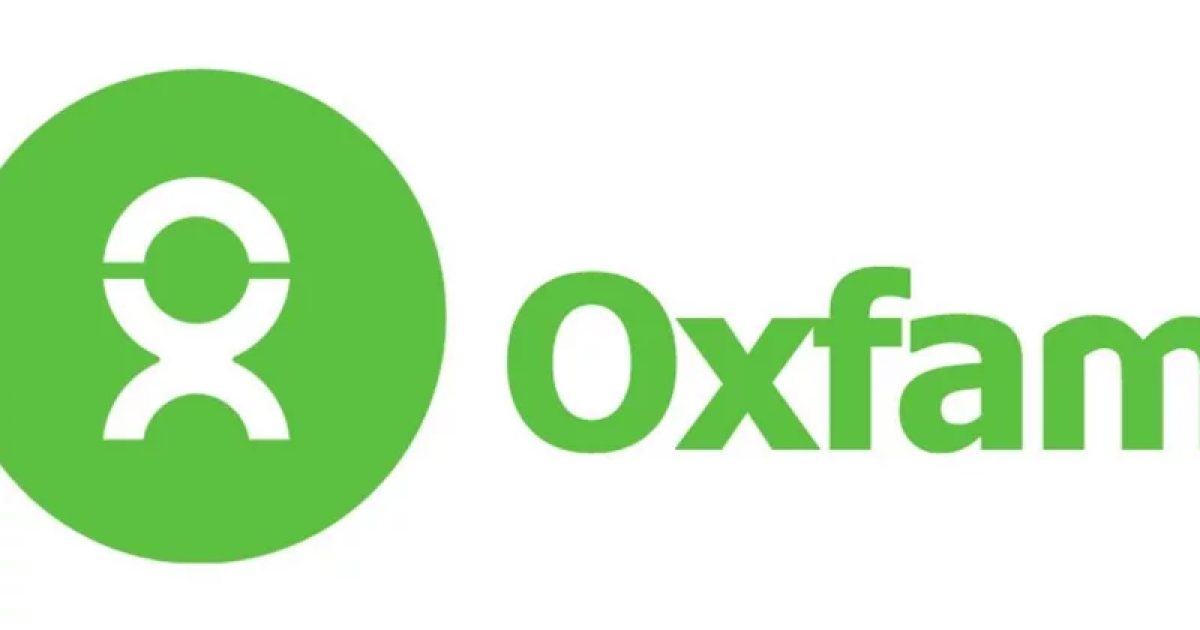Oxfam on Wednesday launched a pioneering “Loss and Damage Dashboard,” an interactive digital platform designed to make the invisible impacts of climate change visible through data, science, and community participation, at a city hotel in Dhaka.
Piloted across 19 districts between June 2023 and March 2024, the dashboard recorded 11,579 climate-related loss and damage cases amounting to about Tk 135 crore (USD 11 million) in total losses — averaging Tk 1.17 lakh (USD 954) per affected person. This is equivalent to around 15 months of income for the average Bangladeshi worker.
The initiative, jointly implemented by Oxfam in Bangladesh, Oxfam Australia, and Oxfam Novib with support from the Swedish International Development Cooperation Agency (Sida), was launched alongside a report titled “From Ground to Global: The Loss and Damage Dashboard for Climate Equity.”
Bangladesh, one of the world’s top ten most climate-vulnerable nations, loses an estimated USD 3 billion — or 1–2% of GDP — every year to climate-induced disasters, according to the World Bank (2024). However, experts note that actual losses may exceed USD 5 billion annually, as slow-onset events such as salinity intrusion and sea-level rise are often excluded from official statistics.
To bridge this data gap, Oxfam’s Loss and Damage Dashboard integrates citizen science, satellite imagery, and AI-driven validation to capture both economic and non-economic losses in real time. The participatory platform allows communities to document the local impacts of climate change — turning grassroots experiences into verifiable data that can guide national policies and global financing discussions.
Speaking at the launch event, Swedish Ambassador to Bangladesh Nicolas Weeks said, “The Loss and Damage Dashboard shows how local knowledge, backed by scientific evidence, can drive global change. When community voices inform policy, we build stronger climate justice and ensure funding reaches those who need it most.”
Oxfam in Bangladesh Country Director Ashish Damle described the initiative as a major step in linking data with justice. “The dashboard translates pain into policy. By turning community stories into scientific evidence, Bangladesh is setting a global example of climate leadership. True justice begins with credible data — evidence that can influence financial decisions and hold polluters accountable,” he said.
The report highlights significant gender disparities in climate losses. While men reported higher total financial losses, women faced disproportionate health and livelihood impacts, particularly in areas of nutrition and waterborne disease.
Geospatial analysis identified Cox’s Bazar, Kurigram, Satkhira, and Sunamganj as the most affected regions based on the concentration of recorded cases.
Assistant Director at C3ER, BRAC University, Roufa Khanum, emphasized the participatory nature of the project, saying, “Science alone cannot solve the crisis without people. This dashboard democratizes data, allowing communities to own their stories and be part of solutions. It’s an inclusive approach that makes policy more human.”
Coordinator of Waterkeepers Bangladesh, Sharif Jamil, added, “For too long, communities facing pollution and floods have been spoken for. Now, they can speak for themselves. This tool empowers local people to record their losses, prove the connection to climate change, and demand action from government and industry.”
The report warns that loss and damage from climate change are deepening global inequality, with Least Developed Countries (LDCs) like Bangladesh paying the heaviest price for a crisis they did not create.
Globally, the richest 10% of the population account for more than half of all historical emissions. Yet access to climate finance remains limited and inequitable. By providing community-generated, verifiable data, Oxfam’s Dashboard aims to strengthen Bangladesh’s position in international negotiations on loss and damage financing.
The event also featured Dr. Mohammad Emran Hasan of Oxfam, who presented the report, and was moderated by Md. Sariful Islam from Oxfam. Climate experts, private sector leaders, academics, and youth representatives joined the discussion on how community-driven data can transform accountability and action in global climate policy.



